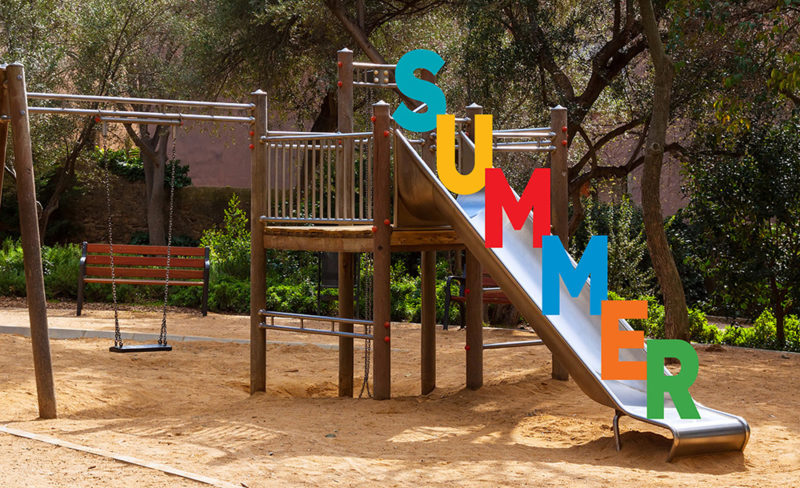Early Childhood
3 Steps to Stop the Summer Slide
As you begin to wind down the school year, we want to celebrate everything you’ve done to prepare your students for success next year. Thanks to your hard work and theirs, your students have mastered another year of math learning.
And you may also be thinking about the summer slide when kids lose academic skills and habits gained during the school year since they’re not exercising their brains in an optimal way. Unfortunately, the summer slide is real and it’s more significant in math than it is in reading, possibly because students don’t engage in deliberate and explicit mathematical thinking during the summer whereas reading may be part of the family’s daily routine.
As a teacher you want to make sure your current year students don’t lose hard-earned math learning over the summer. And you’d like for your incoming students to be able to hit the ground running with a solid math foundation that sets them up for optimal learning in those first few weeks. One way to ensure that students’ math skills don’t slide during the summer, is to get parents on board with a summer math routine. So, what can parents do?
1. Build Math into Daily Activities
Whether it’s cooking, gardening, crafting, grocery shopping, or even filling up the car for a road trip, math is involved. Parents can have kids help make a grocery list, subtracting items from the list as they are added to the cart. Or the whole family can get excited about measuring the growth of plants in the annual flower or vegetable garden (even families with limited space can plot the growth of plants in a containers). And cooking, a daily activity in most homes, teaches doubling, halving, and fractions. We’ve put together the attached PDF for you to share with parents. You may even want to use some of the ideas in the final days of math class.
2. Turn Playtime into Learning Time
It’s amazing how much fun can be had with a simple piece of sidewalk chalk. Think counting on a hopscotch board, drawing and identifying shapes (and for older kids calculating the perimeter and area), or bullseye where kids get points for getting the closest to the center. And of course, there are dice games, card games, the license plate game (add, subtract, divide, or multiply the numbers on a license plate), coin counts, and all kinds of math games that we’ve included in a free game book.
3. Read Books about Math
Many families already have daily read-aloud time. What better way to keep up with both math and reading skills than to share a book about math. Math Curse features a girl whose entire day is a series of math problems; in One Odd Day a boy awakens to discover that everything around him is odd; Counting on Katherine explores the life of Katherine Johnson, one of NASA’s “human computers”. Here are links to a list of picture books and children’s biographies about great math thinkers.
Parents may not be confident in their own math skills or may think that math learning only happens in the classroom. The math activities, games, and videos on the PDF make it easy for parents to incorporate math learning into their summer routine. All of these suggestions are fun, straightforward, require only common household materials, and best of all engage kids in mathematical thinking.
We’ve written a letter for you to download (that can be personalized) to send to parents, along with the PDF, explaining why it’s important to incorporate fun math activities into their summer routine.
Enjoy the rest of your school year, celebrate your students’ math success, and give your students a math edge next year by partnering with parents to combat the summer slide.




